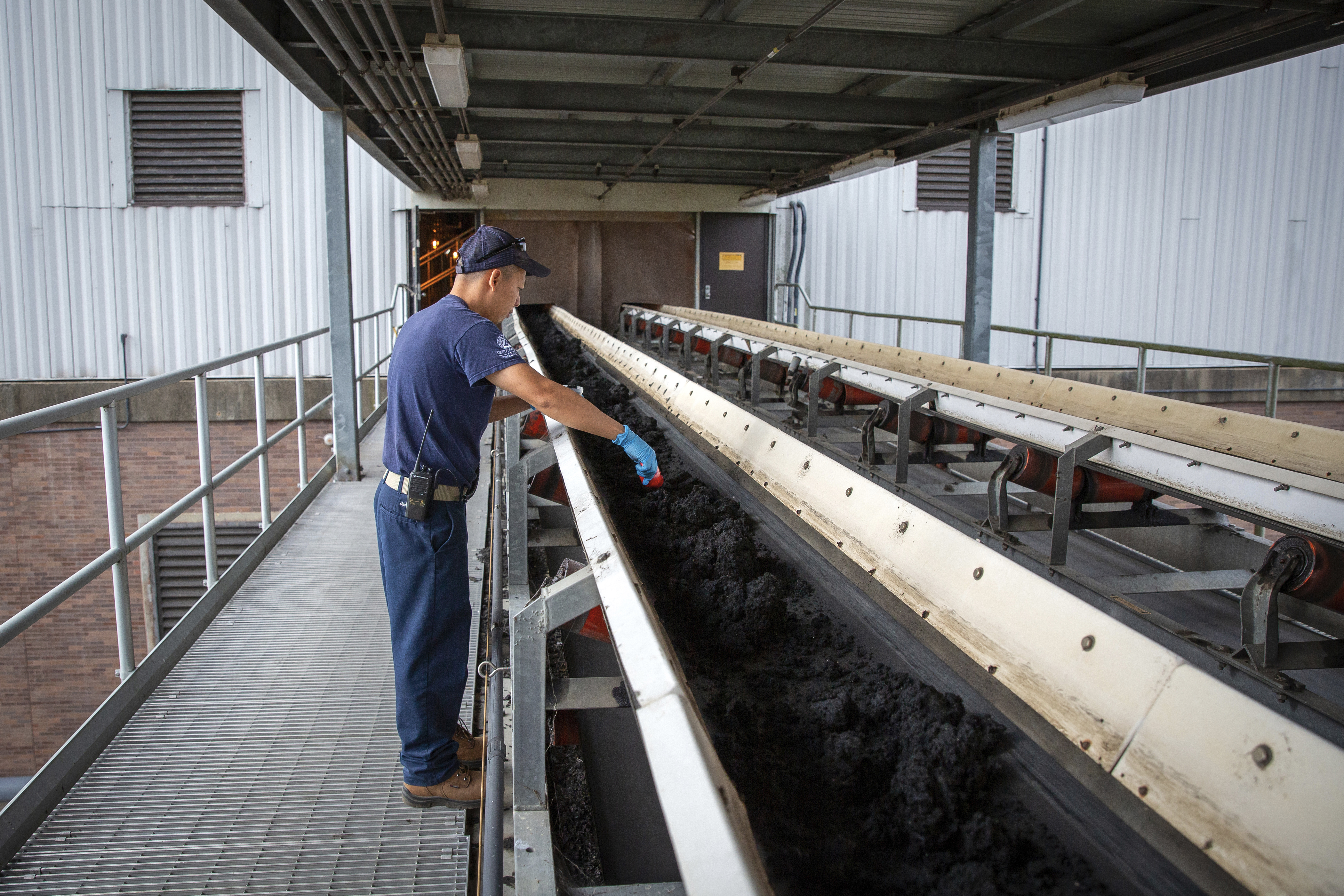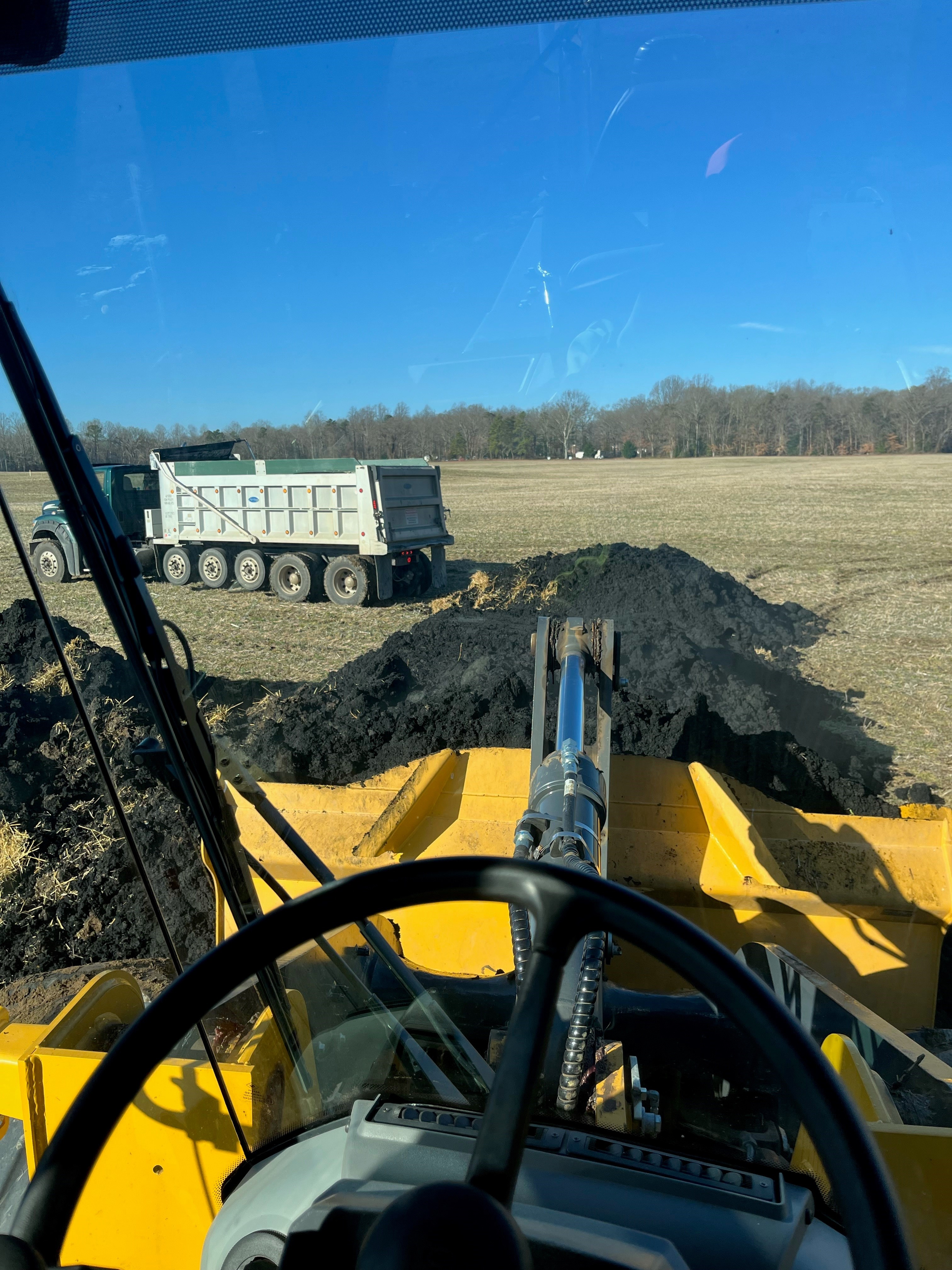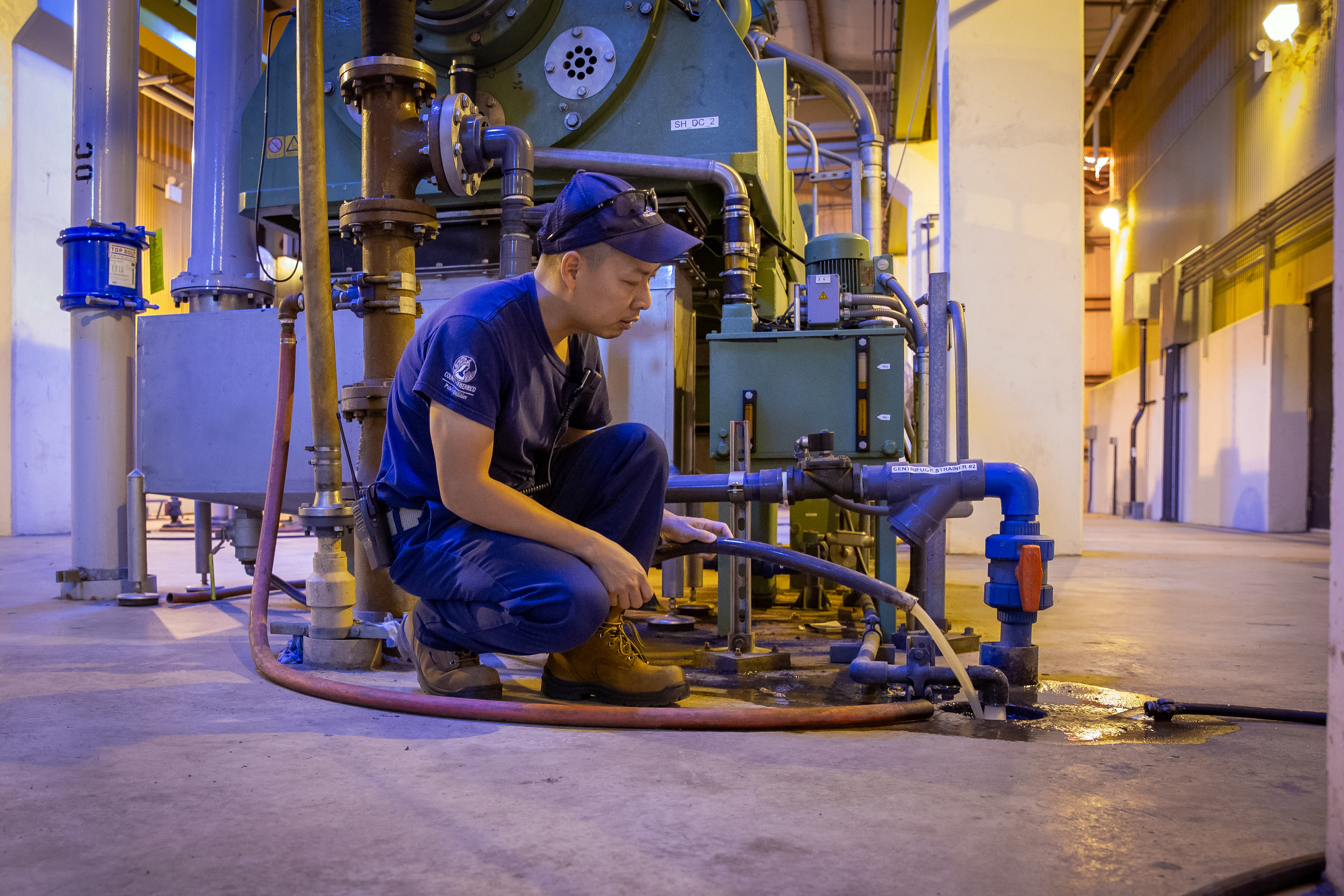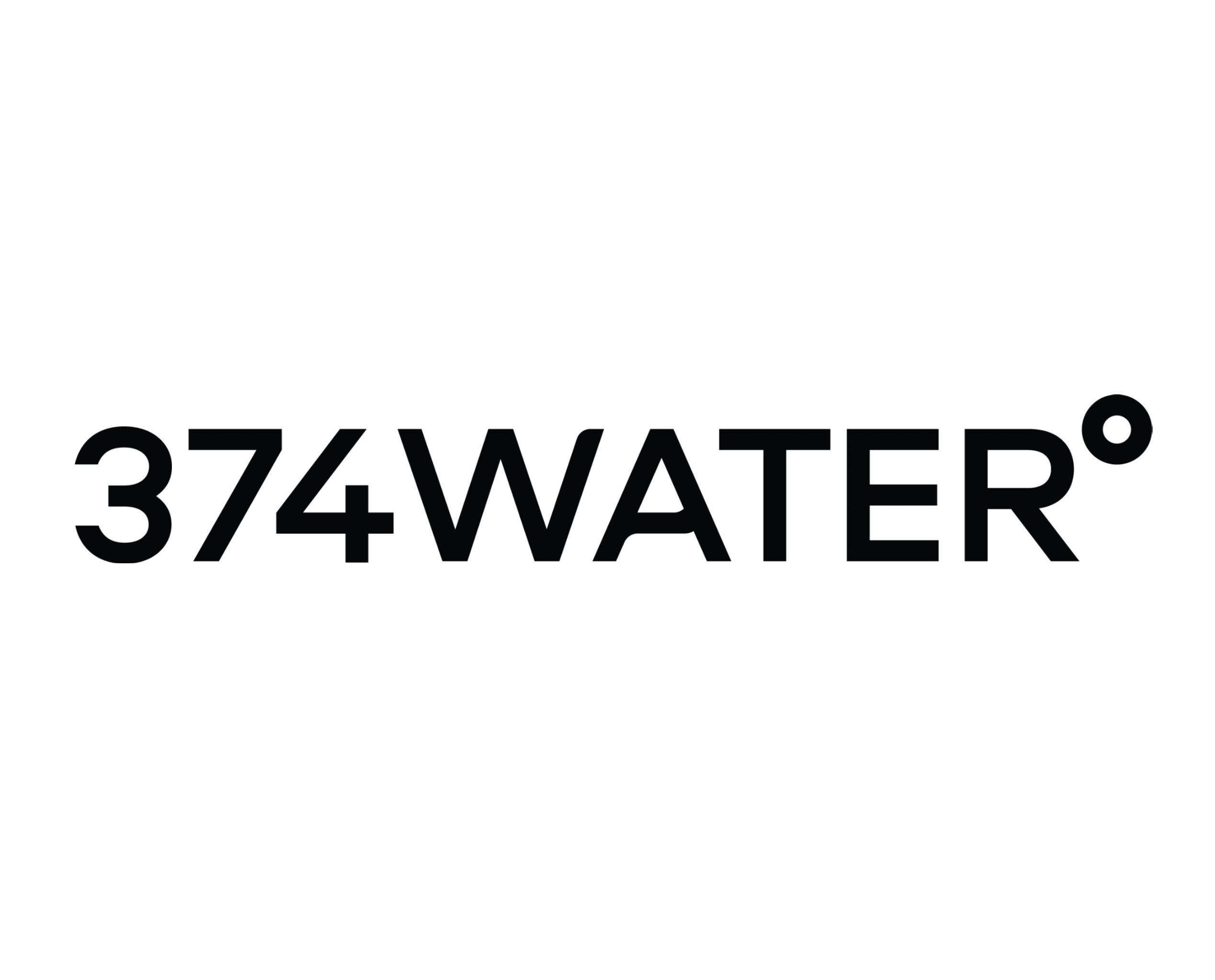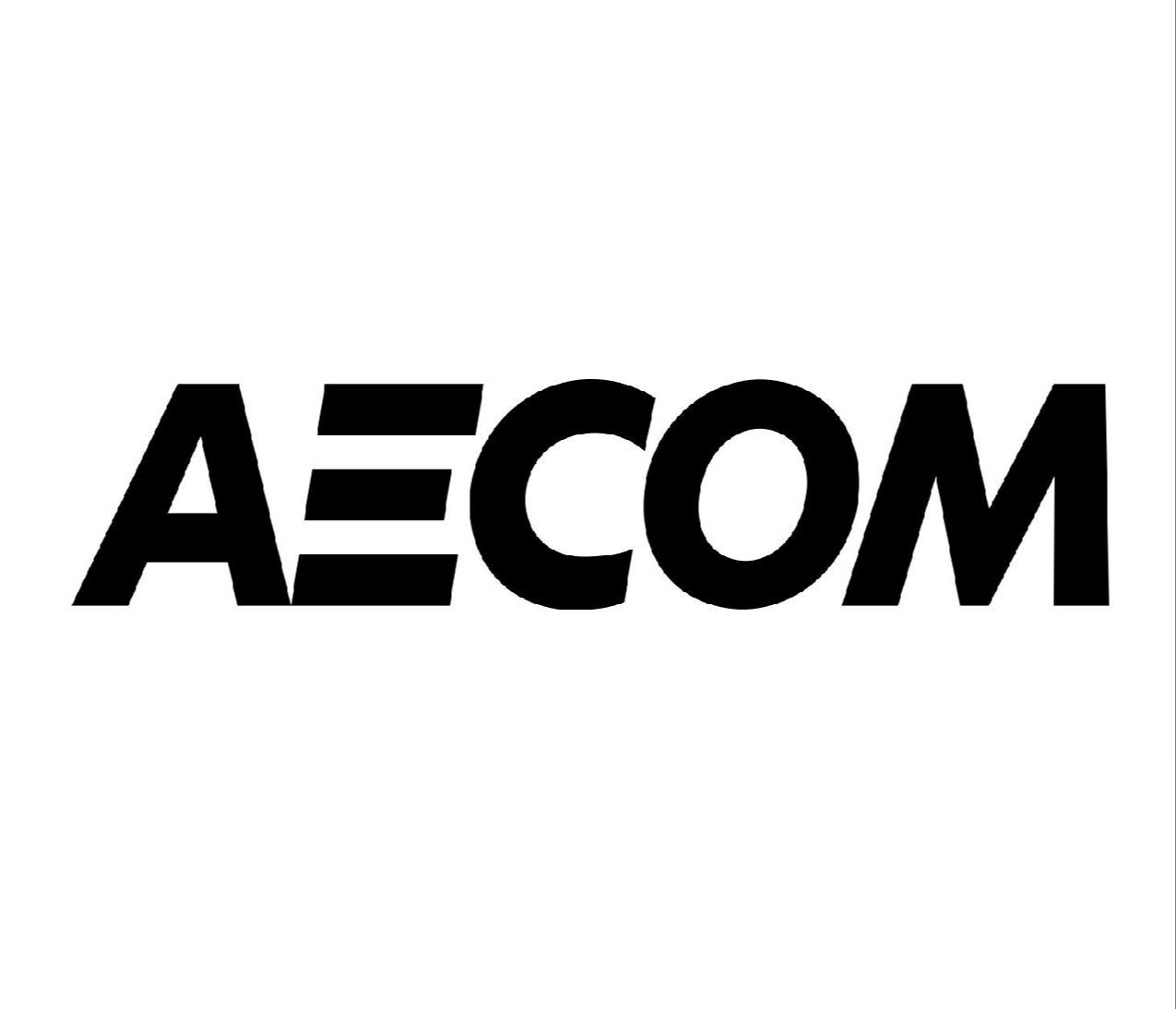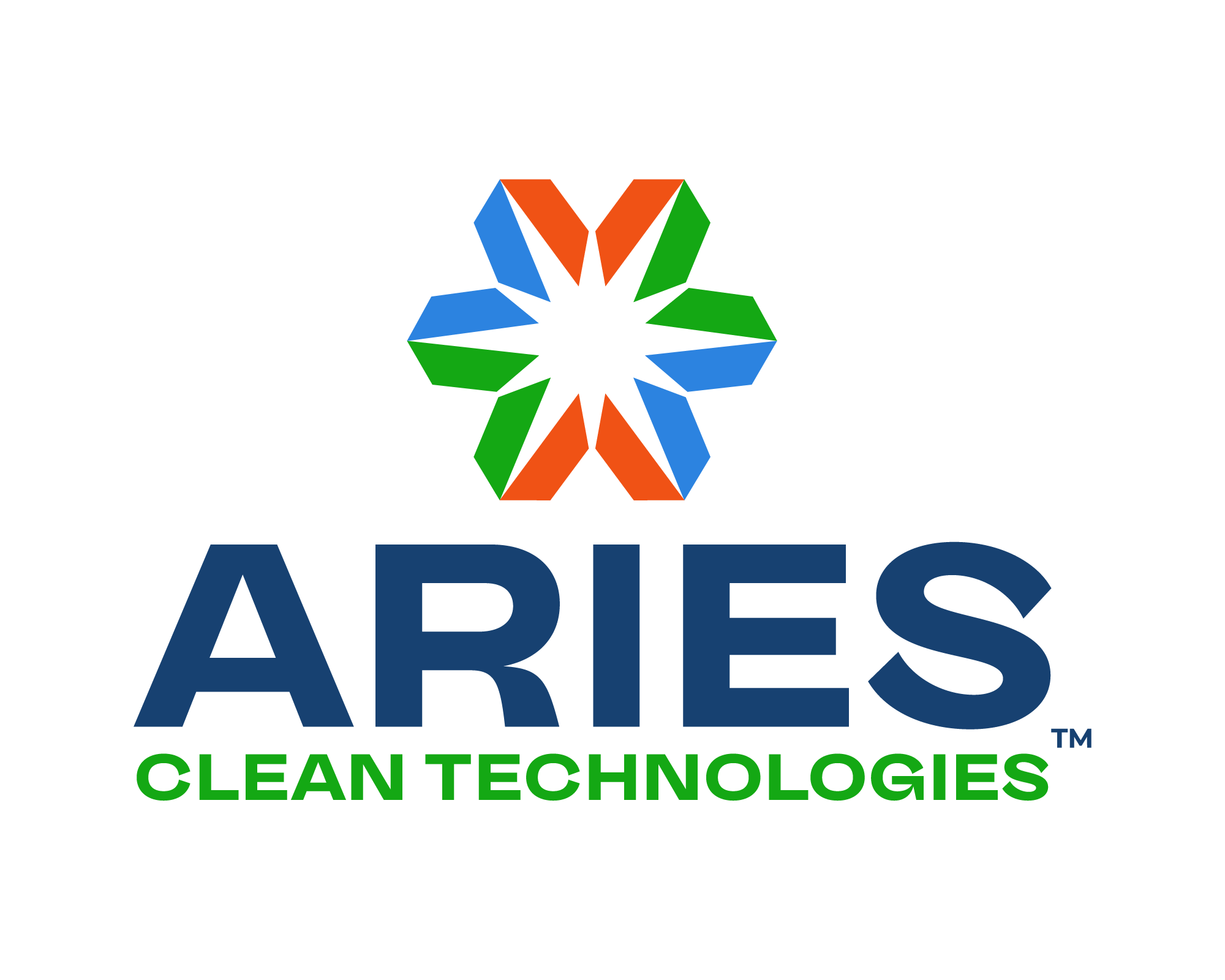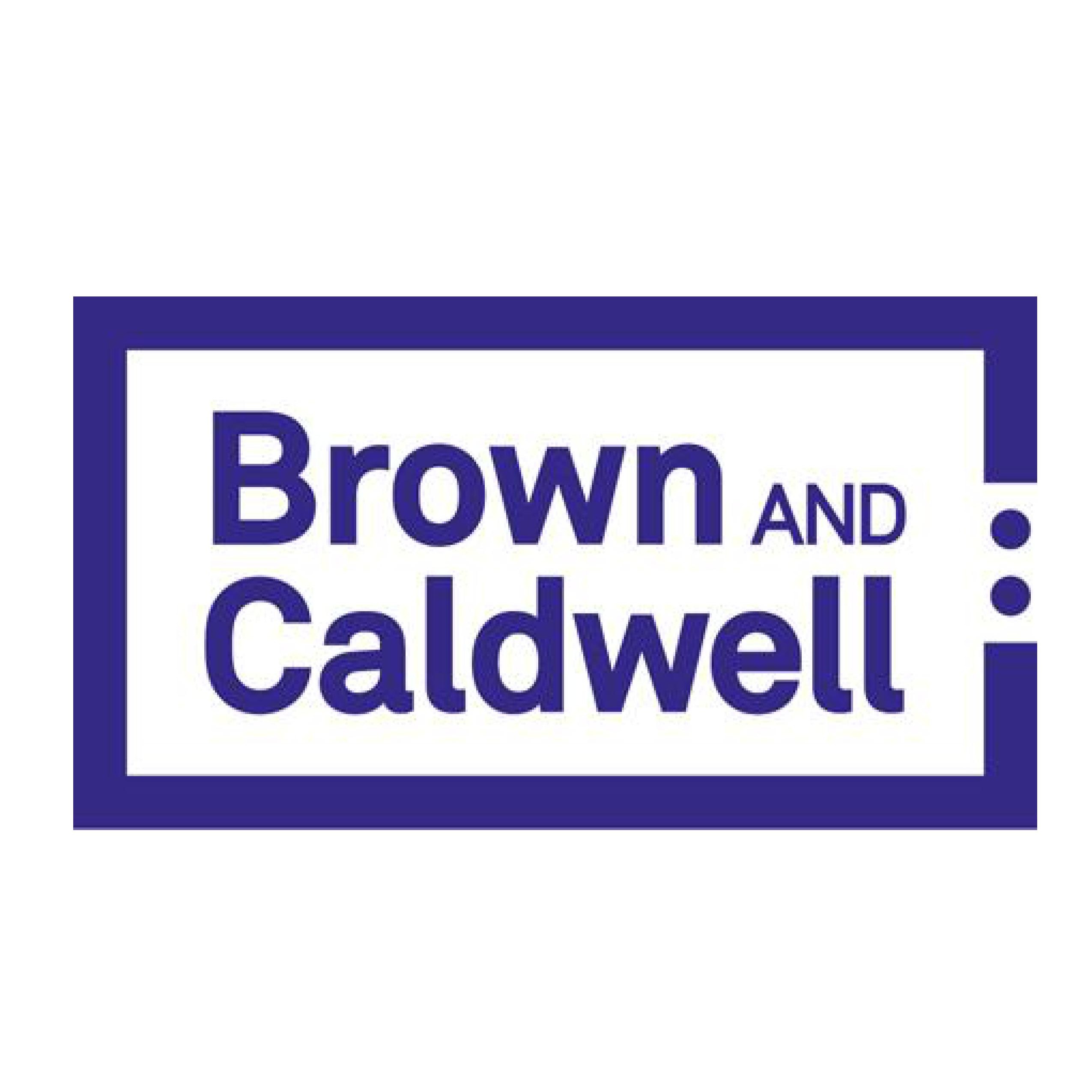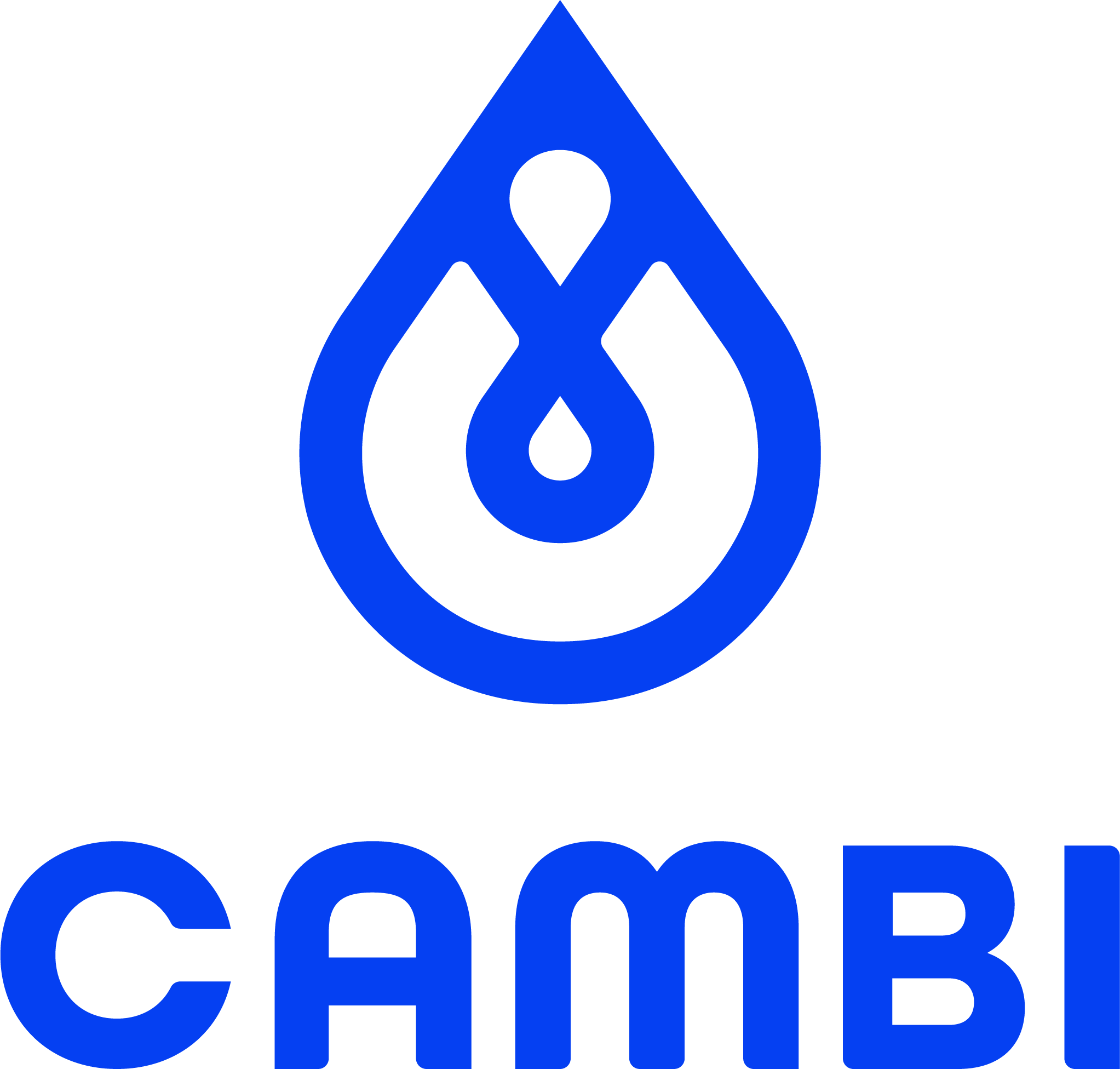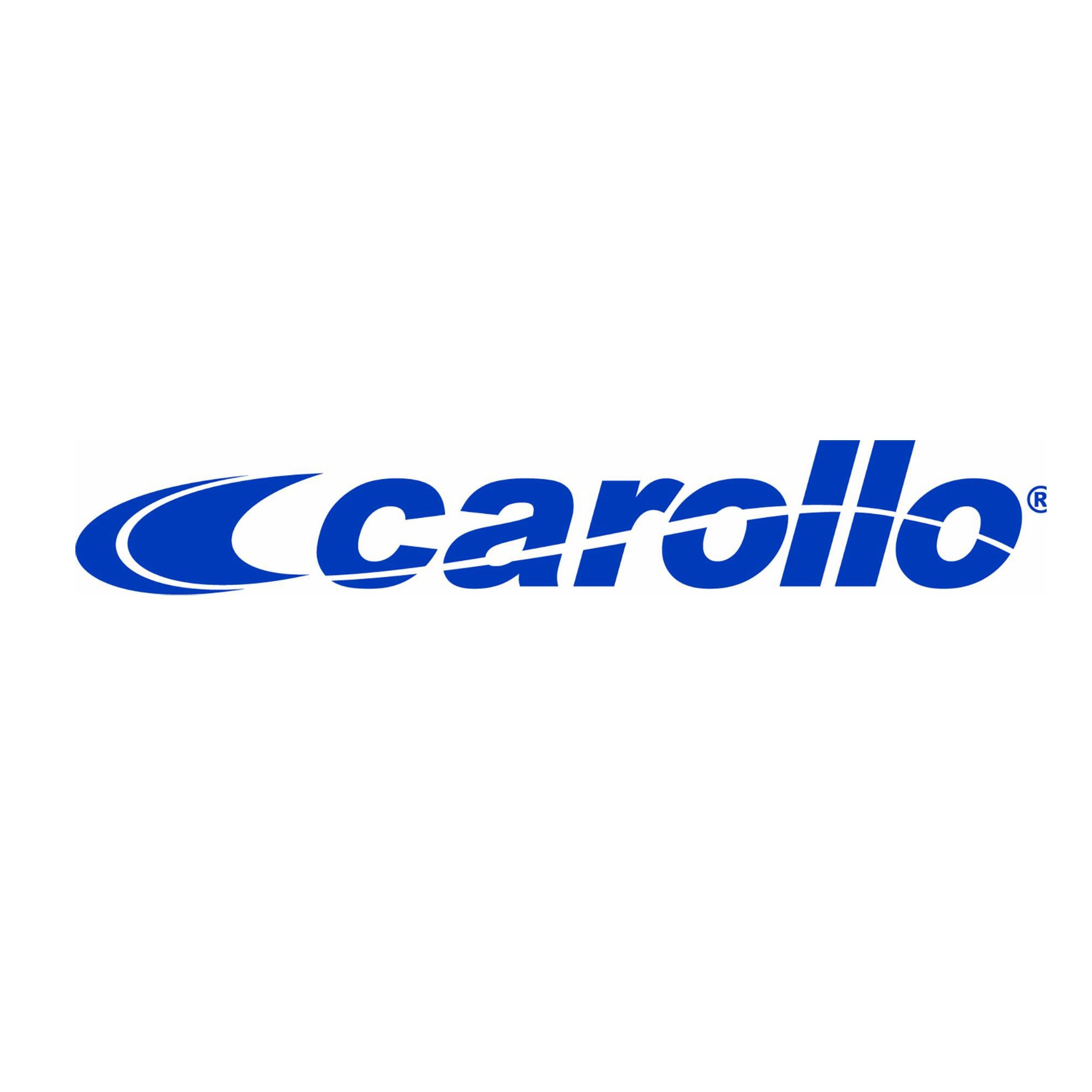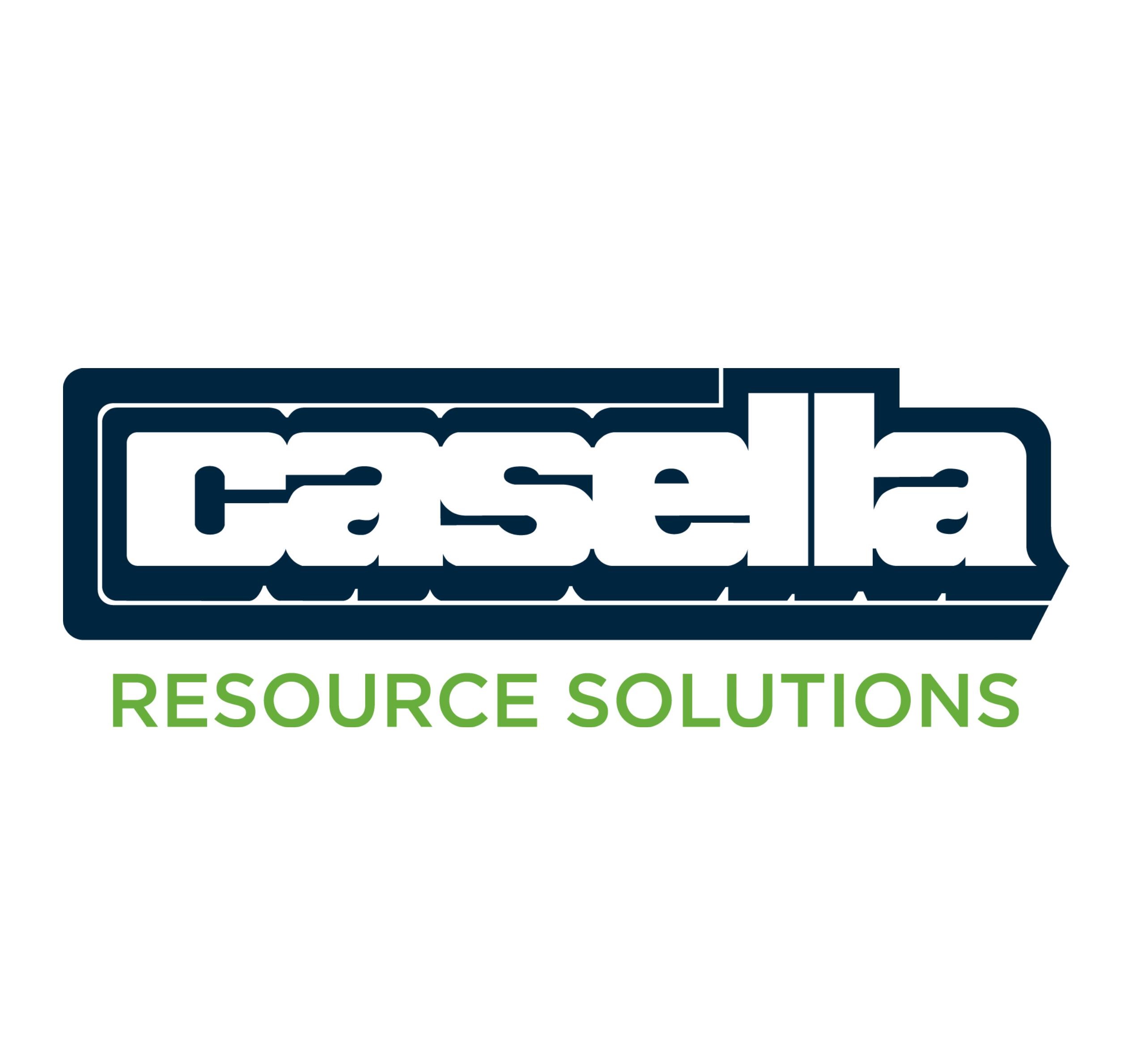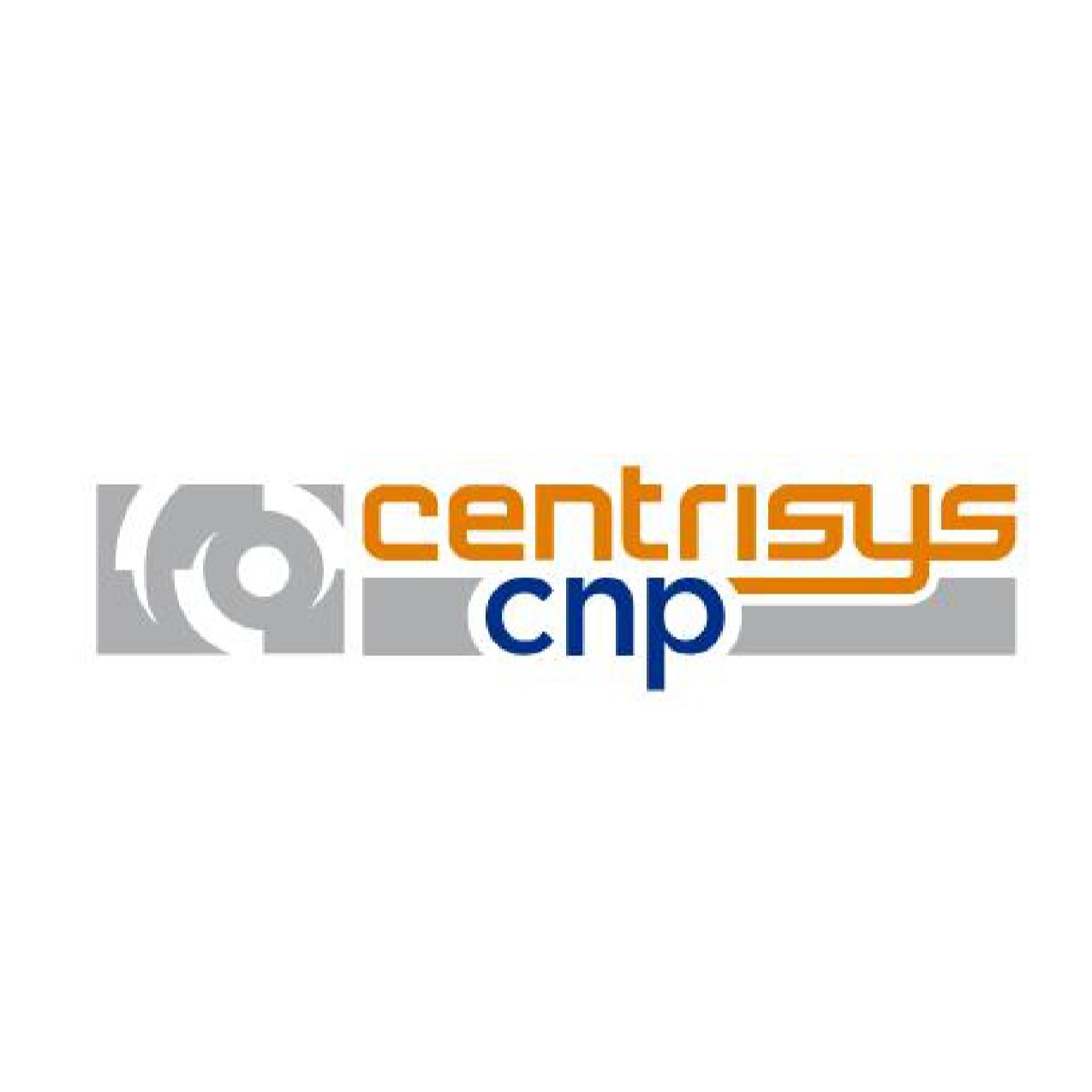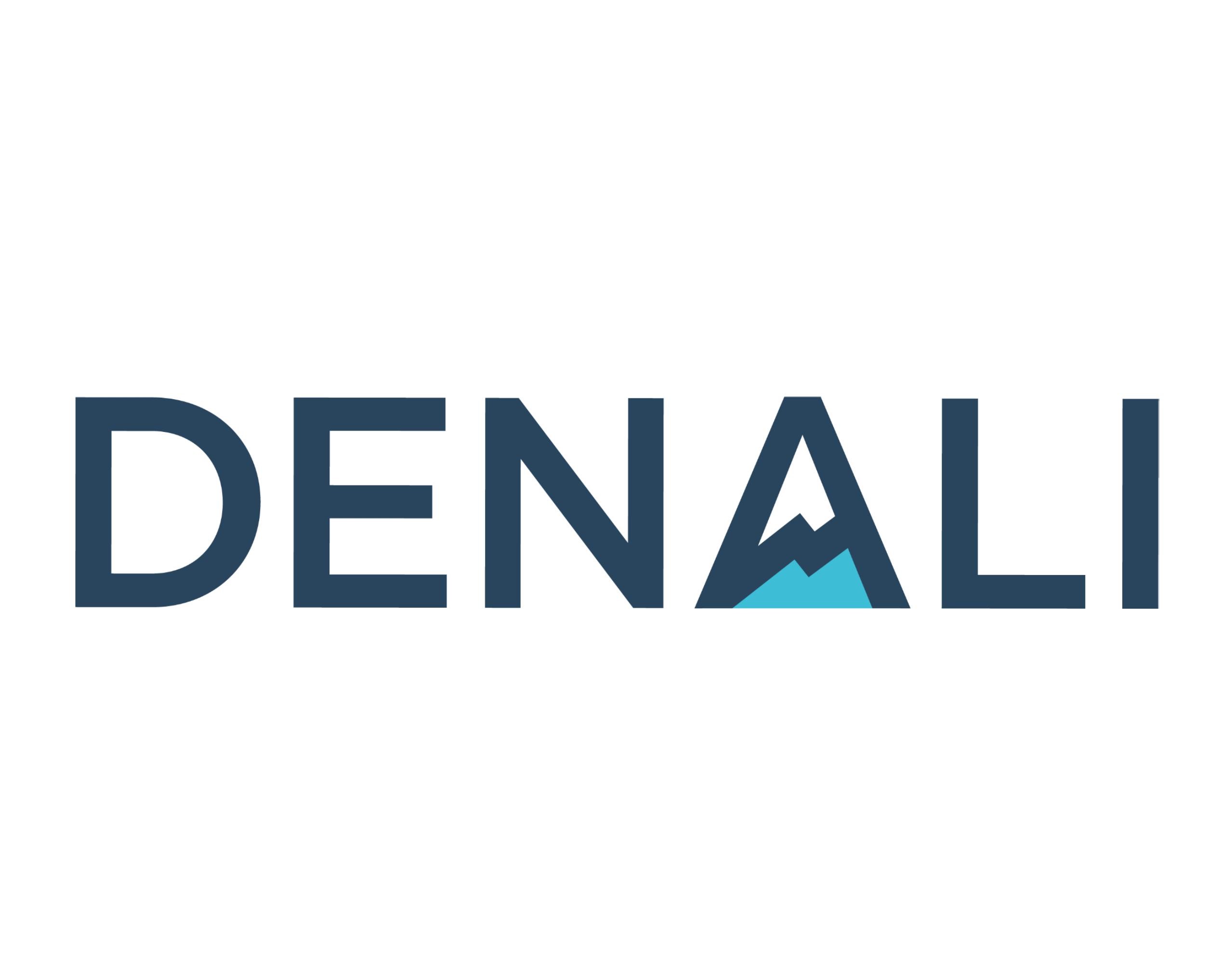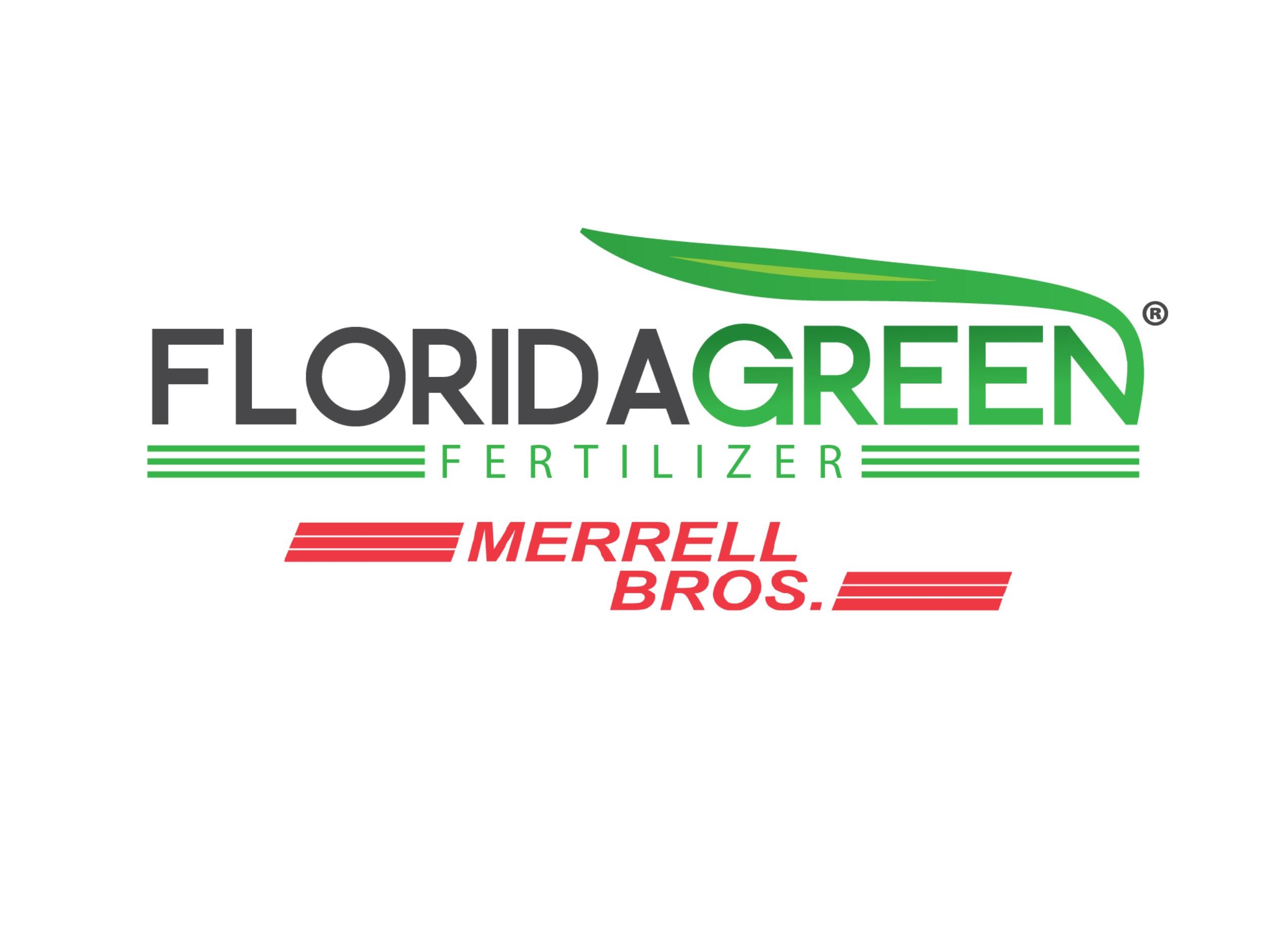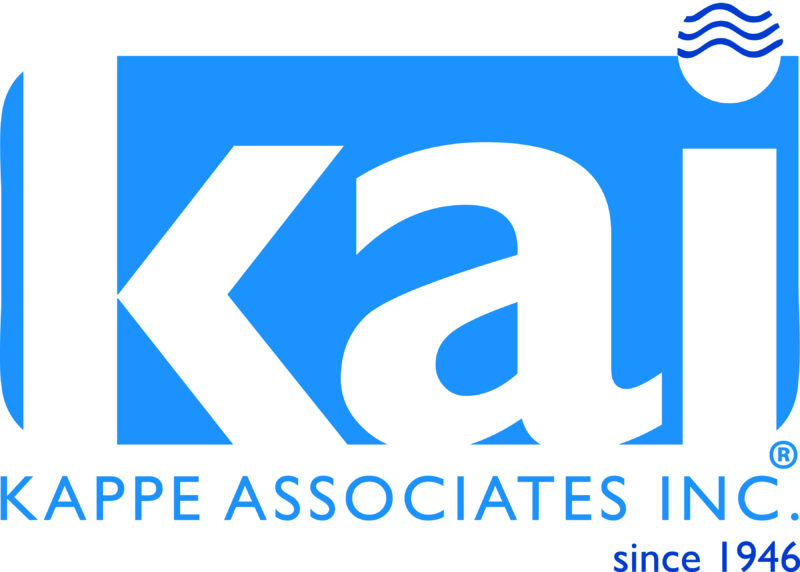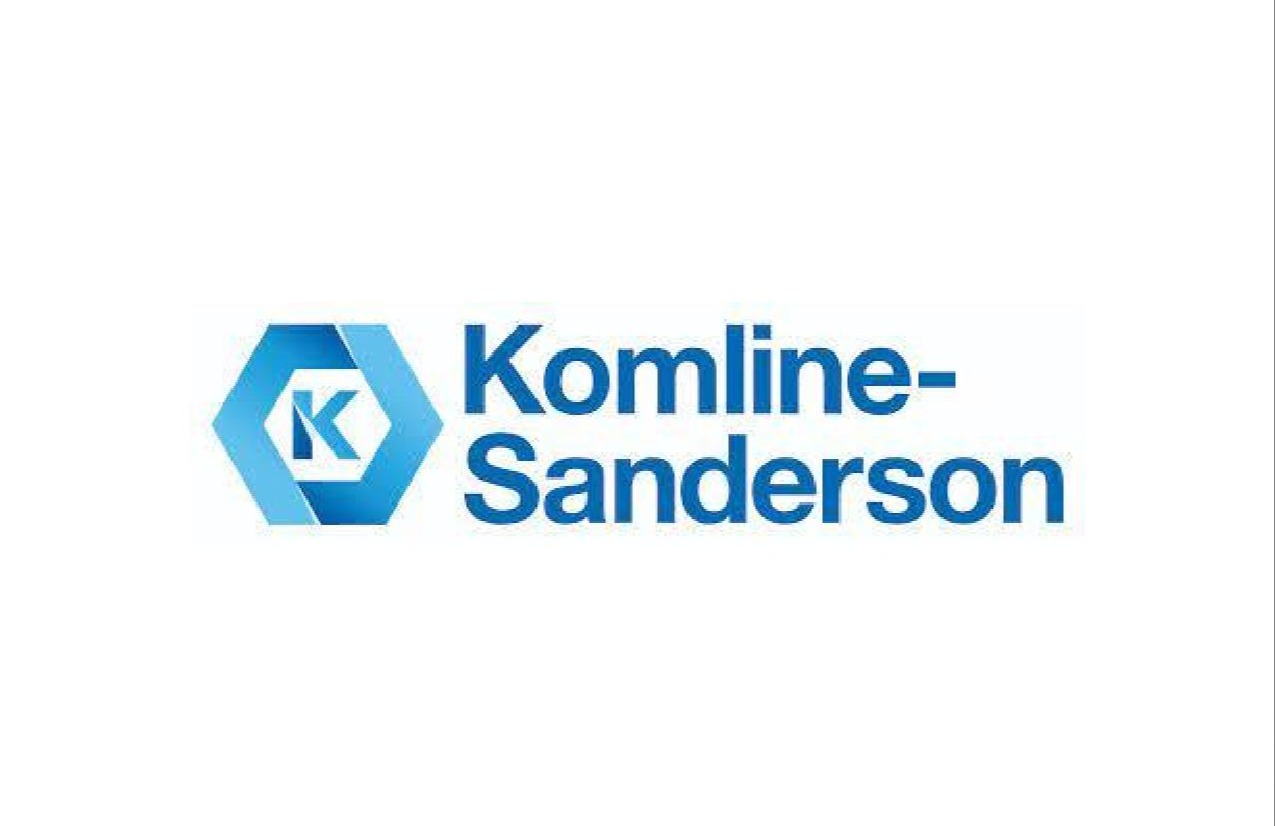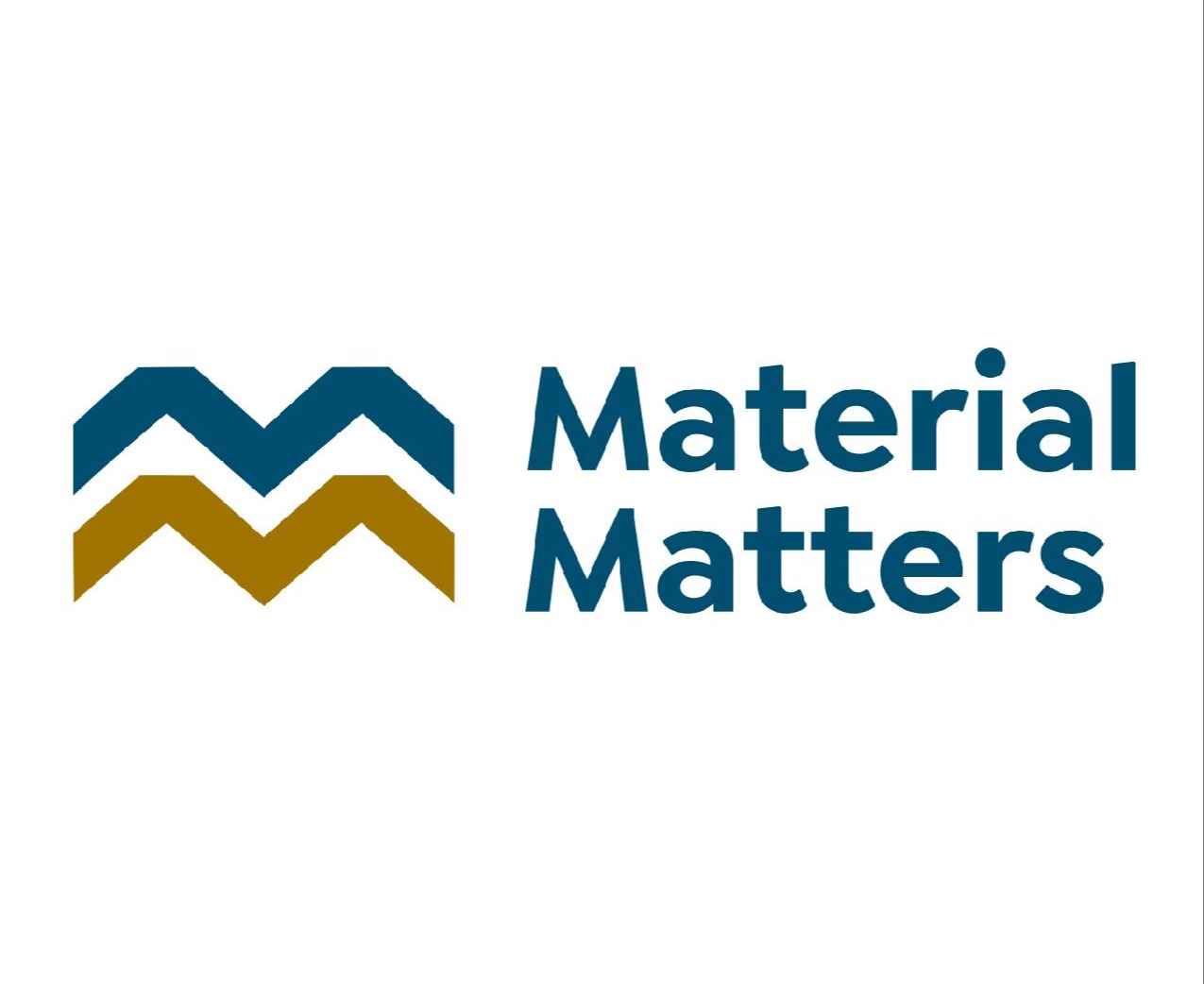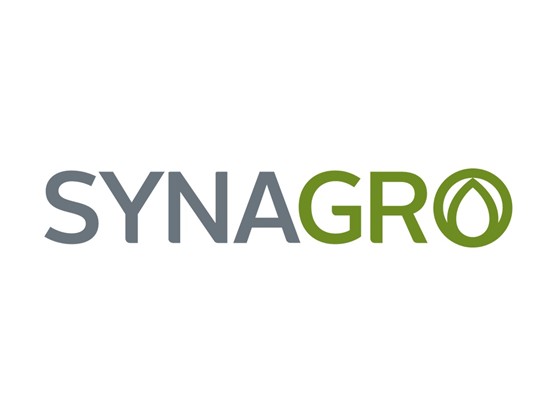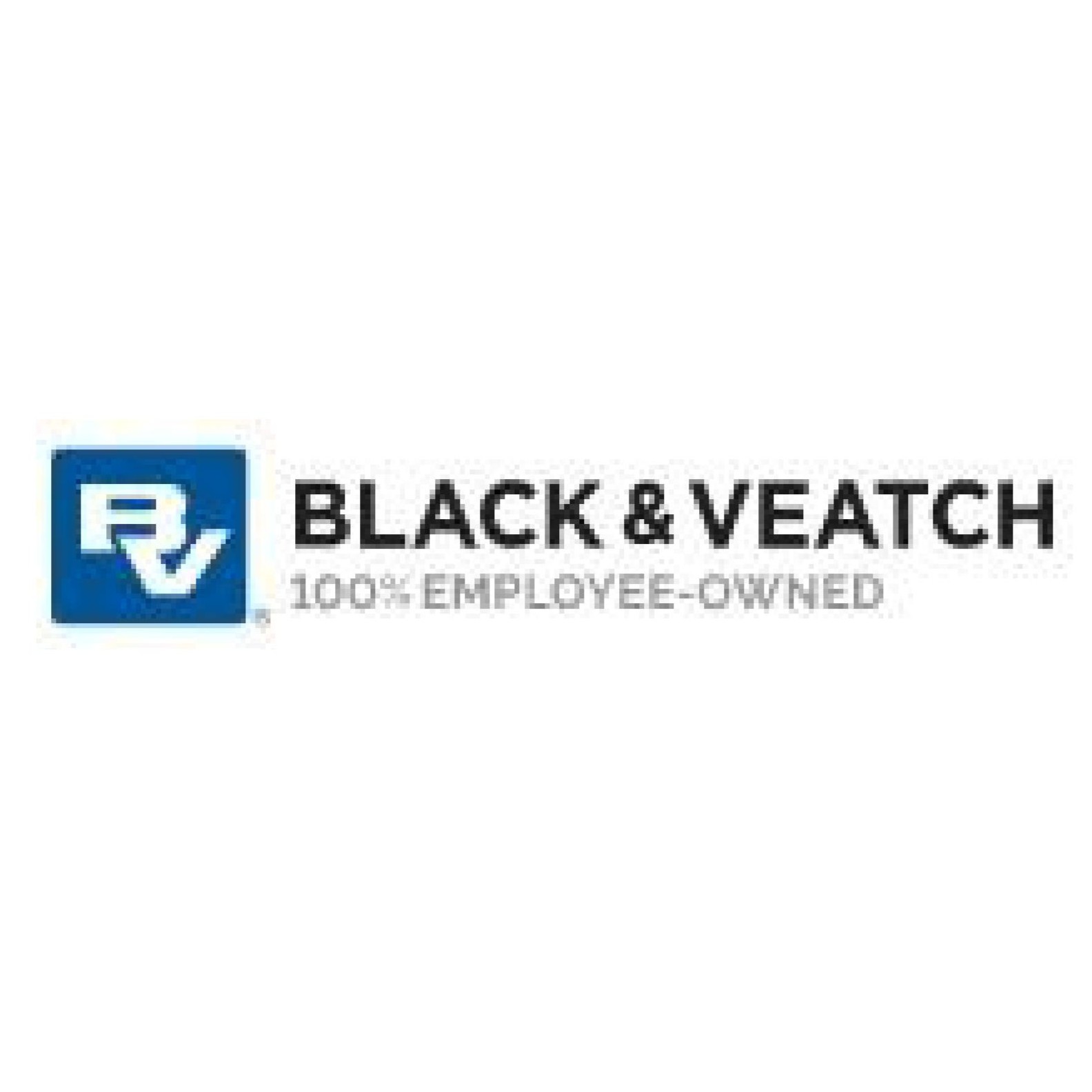|
May 2024 - MABA Biosolids Spotlight
Provided to MABA members by Bill Toffey, Effluential Synergies, LLC
SPOTLIGHT on Regional Biosolids Incinerators
Incineration is a big deal for biosolids management in the Mid-Atlantic region. MABA’s May 7th lunchtime webinar “From Sludge to Solutions - Ashes to Ashes: The Benefits of Sludge Incineration” featured aspects of the role of incineration in current biosolid issues. Our region’s incinerators are in great shape, having accomplished upgrades foreseen by federal regulations promulgated in April 2016. Thermal processes have taken on a new glow of interest as a technology for destroying persistent organic pollutants, notably PFAS compounds. This checks the box on a list that includes concern for strengthened state-level regulations on soil phosphorus, storage, and the like. The role of incinerator owners in accepting trucked-in solids from neighboring WRRFs has added compelling value as agencies calculate among a variety of options the financial cost of replacing or upgrading solids-handling equipment.
The Mid Atlantic has many notable sewage sludge incinerators (SSI). Of the estimated total regional production of 1 million dry metric tons of solids annually (dmt/a), 15 percent is incinerated. EPA’s 2022 ECHO (Enforcement and Compliance History Online) reports 47 public facilities in the region used sewage sludge incinerators (SSI).
Two such SSIs, both serving as strong regional facilities, are the Multiple Hearth Incinerators (MHIs) operated by DELCORA (Delaware County (PA) Regional Water Quality Authority) and ACUA (Atlantic County (NJ) Utility Authority). DELCORA is the largest incinerator operation in the region, at 20,000 dmt/a. At 10,000 dmt/a, ACUA is the fourth largest facility. Between these two in size are the ALCOSAN (Allegheny County (PA) Sanitation Authority) Fluidized Bed Incinerators in Pittsburgh, Pennsylvania, and the Noman M. Cole Jr. Pollution Control Plant MHIs in Fairfax County, Virginia.
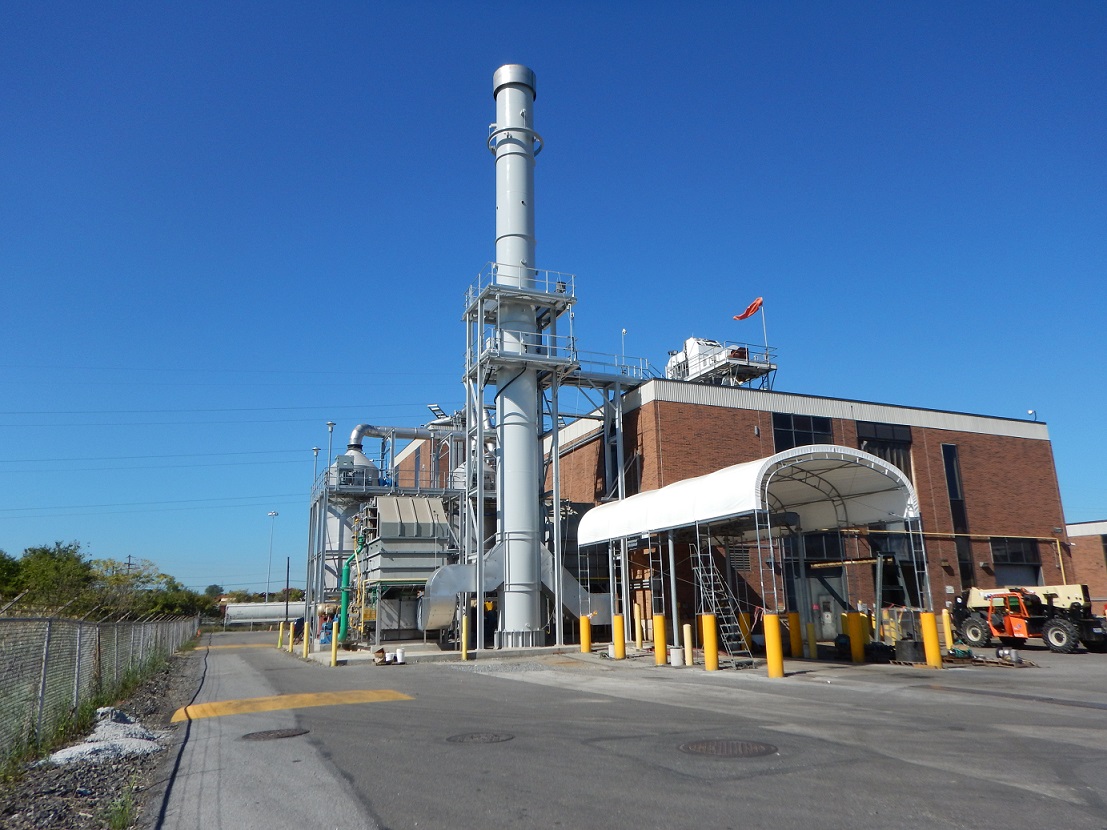
The main stack for the DELCORA MHIs with the Regenerative Thermal Oxidizers and the Wet Electrostatic Precipitators
Though both are multiple hearths operated by county authorities, several aspects of these two facilities provide distinctive contrasts. DELCORA Hauled Waste Program accepts deliveries of liquid sludges from municipal and industrial sources, blending and dewatering hauled waste with its primary sludge and WAS via gravity belt thickeners and belt presses to feed cake to the hearths. ACUA accepts only dewatered cake, which it blends with its own cake solids for feed to the hearths. Both facilities set the tipping price for sludges based on percent total solids, providing suppliers incentives to deliver consistent, well thickened residuals. Unless down for maintenance, DELCORA is operating both of its two MHIs 24-7, yet still has significant capacity. ACUA is only permitted to operate one of its two MHIs at any time, with reasonable incineration capacity in reserve. DELCORA is situated in a heavily populated community in Chester, Pennsylvania, with strong environmental justice commitments. ACUA’s MHIs are on an island, close to a cluster of public utility operations (the WRRFs, the county operated municipal waste landfill (6 miles away), and an on-site wind generator farm) with its closest “receptors” a neighbor known as Venice Park and a self-storage facility, with a long distance to the city and resort developments.
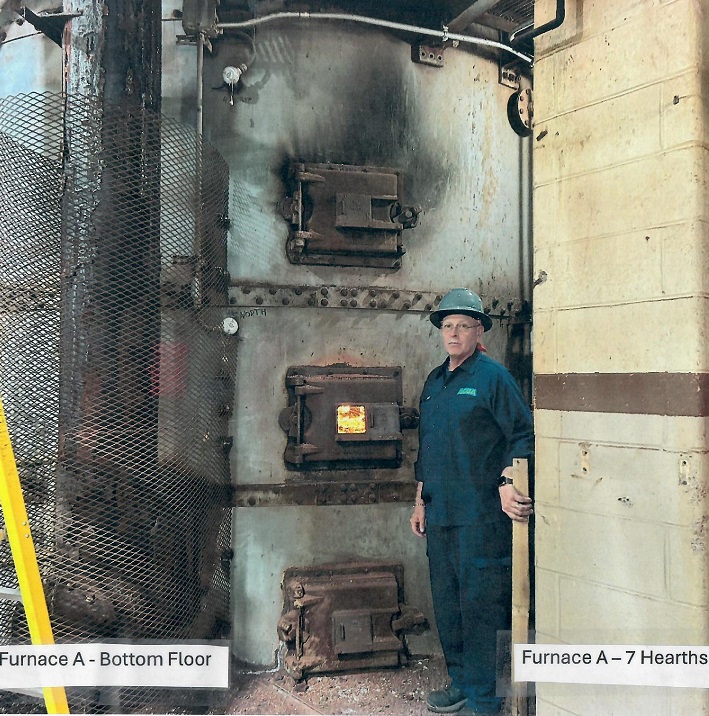
Bottom Floor at ACUA Furnace A with 7 Hearths
Both agencies share significant issues. Foremost is the special challenge of heightened state regulatory vigilance over incinerator operations. MHIs have, as an inherent safety measure in operations, emergency bypass of air emissions controls in the event of a power loss or dip. Under its EPA Consent Decree, ACUA is penalized $3000 by EPA Region 2 each time it has such a bypass caused by Atlantic Electric. Vice President Joe Pantalone says that in each of 2020, 2021 and 2022 ACUA reported 17 bypasses. He believes it would be reasonable and fair to have EPA allow at least a once-a-quarter “mulligan,” however EPA has held to its no-tolerance condition.
DELCORA, too, has faced regulatory scrutiny for its MHI bypasses. Its issue with bypasses was amplified by several factors. The “transparency” policy under its environmental justice program obligates DELCORA to report to its citizenry each bypass occurrence, and it seeks to minimize the number of reports. Electric power from PECO comes to DELCORA in two separate service lines, and an unannounced switch from one line to the other, even for a matter of several seconds, is sufficient to result in a shutdown and a reportable bypass. The electric company has provided no solution to this seconds-long interruption, and, therefore, DELCORA has now installed a large uninterruptible power supply (UPS) battery trailer, at a cost of one-half million dollars, to cover the occasional three second gap. ACUA has been also considering a major upgrade to its UPS system to similarly manage emission control interruptions and will be looking for financial assistance with this as it renegotiates its operations agreement with the wind farm operators.
Air pollution control equipment and compliance with air permit standards drives a large part of the biosolids management focus of both agencies. When the new SSI regulations were promulgated, fugitive emissions were the big compliance challenge for ACUA. The agency was compelled to install a fugitive ash capture system at a cost of over $3 million, and it recently overcame an issue by now achieving mandatory pH levels in its scrubber water. In design are new scrubbers and ID fans for both MHIs. ACUA is in continuing discussions regarding the EPA position on imposing installation of continuous monitors for mercury, about which the Consent Decree made no mention.
DELCORA had big challenges, too, with compliance monitoring. DELCORA’s Director of Operations and Maintenance, Mike Disantis, credits unimpeachable collaboration among key champions from operations, maintenance and permit sections for overcoming seemingly unsolvable compliance challenges. For Irene Fitzgerald in Permits, the challenge was in making a compelling case for the risks of Title V Permit noncompliance. To make the case, she had to master combustion chemistry -- the role of overfeeding of solids to incinerator temperatures, the causes of slagging and cyanide and hydrochloric acid formation, and the importance pH control, to name a few -- to help Operations and Maintenance. Operations Supervisor Tommy Czwalina, who had previously operated the furnaces, used his style of gentle probing, patience and strategic suggestions, to work with operators who had many more years of service than he, but who had varying operations practice. He had to overcome the undesirably wide variability in cake solids in the MHI feed, including issues of mixing, thickening, polymer addition, and press operations. Automation and Electrical Maintenance Manager Clint Swope discovered clever solutions, such as monitoring voltage to identify fouling of electrodes in the ESP precipitators, recognizing the effect of sudden grease influx on excessive temperature spikes in the RTO, and developing a creative method of cleaning the belt press filters with sprays of hot water. With the support of Executive Director Bob Willert and the Board of Directors, Clint was rewarded for his ingenuity by receiving minimal pushback when he made the equipment purchase request.
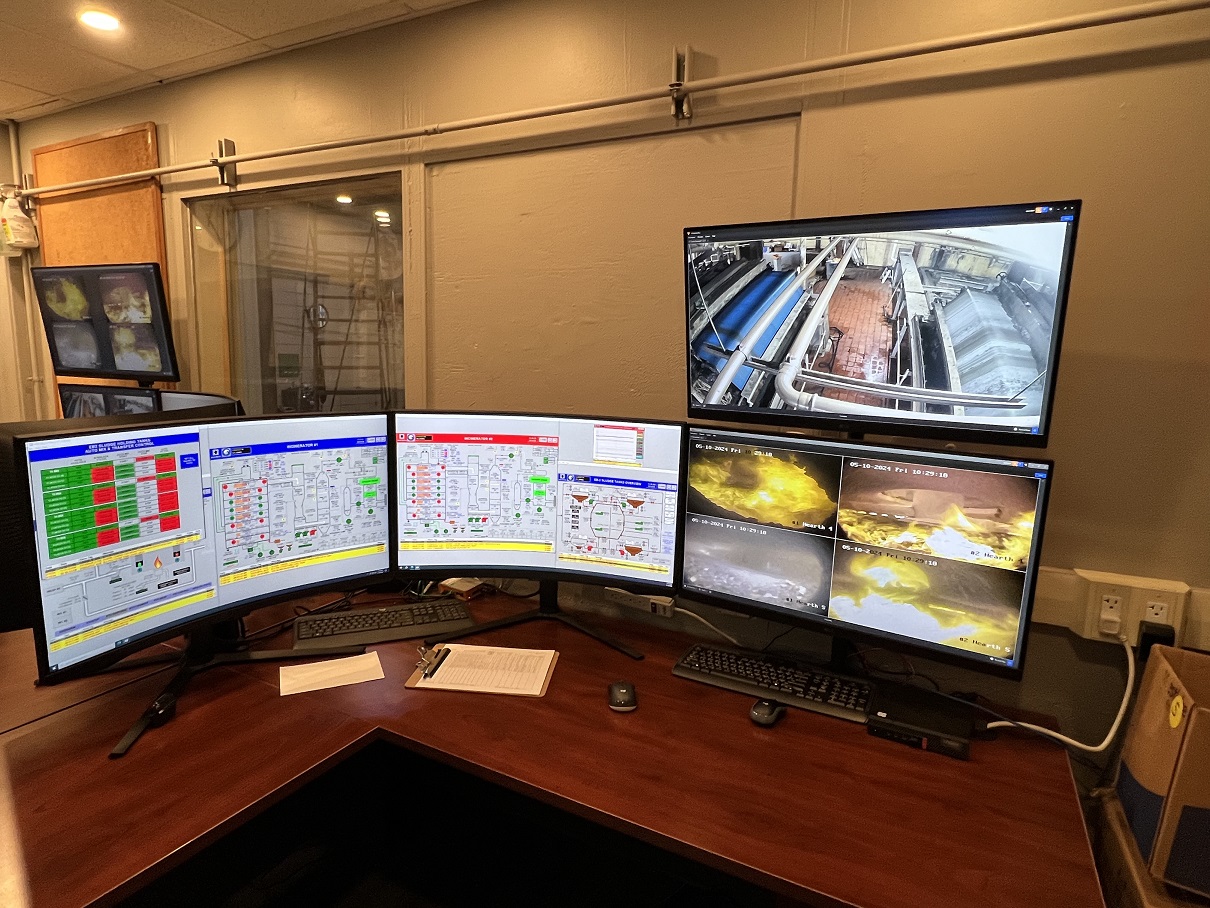
Control Room with SCADA and Video Screens for MHIs at DELCORA
As with DELCORA, ACUA is moving toward a “cleaner” incinerator operation that arises with upgraded consistency of sludge feed quality. ACUA is totally revamping its means of receiving outside cake, with construction of a new receiving area with at-grade hoppers, as sludge providers deliver cake ranging in percent solids from 16% and 29%. ACUA will have two 60-yard hoppers where today it only has one, so it can better manage the blending of outside sludges of low percent solids with sludges of higher solids before pumping the mixture to the top of the furnace.
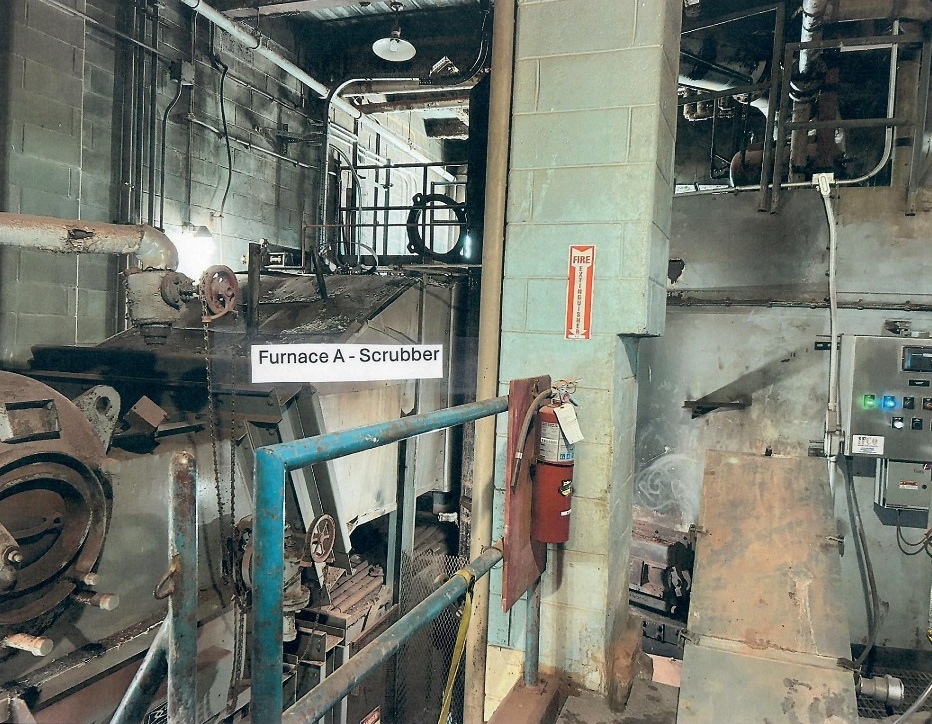
ACUA Furnace A at the Electrostatic Precipitator
A major payback to DELCORA and ACUA in their keen focus on incinerator operations and compliance is their capacity to serve a wide variety of public agencies in the region with biosolids disposal services. For ACUA, solids from some agencies are delivered on dependable schedules, while others call upon Pantalone when they have unanticipated interruptions in their other outlets; over one six-month period cake came down from Connecticut after a major facility in Stamford went out of service. DELCORA also has a robust panel of suppliers and are often fully subscribed.
Both facilities may find themselves players in the PFAS disposal arena. PFAS has increased interest in incineration, as the operational temperature of upgraded SSIs are believed to have the potential to accomplish PFAS destruction. In ACUA’s case, with one incinerator not in service, ACUA could take steps to allow its second incinerator to operate concurrently, should incineration be proved a viable method for the destruction of PFAS. This could present a business opportunity for the Authority. Against this uncertainty in demand for biosolids incinerations services is the parallel opening of biosolids composting services within the same market area.
DELCORA and ACUA provide important lessons. Though unknowns and contingencies in the biosolids marketplace will likely persist, the availability of multiple new “merchant” disposal outlets is a turnaround in the biosolids market within the MABA region which hasn’t been enjoyed for many years. The stories of ACUA and DELCORA reaffirm the importance of strong champions within each agency to accomplish impeccable operations, even in the face of what at first blush are unreasonable expectations, innovative technologies and complicated regulations.
For more information, contact Mary Firestone at [email protected] or 845-901-7905. |
|
|
April 2024 - MABA Biosolids Spotlight
Provided to MABA members by Bill Toffey, Effluential Synergies, LLC
New Biosolids Compost Facilities
The stunning development in biosolids in the Mid-Atlantic region in Spring 2024 is the near completion of two significant composting facilities. These are the Synagro Cumberland County (NJ) Facility and the McGill Fairless Hills (PA) Composting Facility. They add to an already vibrant field of biosolids composters in the region, large and small, which number altogether a dozen biosolids compost facilities. Both McGill and Synagro are MABA members who have employees who have leadership positions on its Board of Trustees.
The new facilities add to a rich legacy of composting that extends back more than 40 years. In the 1980s, a fervent search for principles and practices for biosolids composting occurred within the Mid-Atlantic region, resulting in the “Beltsville Method” of biosolids composting vying with the “Rutgers Method” for adherents, and both comprising what was at that time innovative and affordable means of transforming biosolids into commercially viable soil amendments. While the earliest municipal facilities in DC, suburban Washington, and Philadelphia, mostly built on the Beltsville model, did not withstand tests of time and neighbor patience with odors, important lessons were learned that were in a way confirmation of principles of the Rutgers method. Several early advancements, including enclosed operations, biofilter advances and sensor-controlled aeration, ensured a solid, long-term place for this method of stabilization.
Biosolids compost has been continually produced at these facilities. McGill’s other Mid-Atlantic operation in Waverly, VA; two operated by Denali in Florence, NJ, and in Suffern, NY; Veolia’s Baltimore City Composting Facility; and JP Mascaro’s plant in Manheim, PA. Elsewhere in the region, composters in Mechanicsburg (PA), Good Spring (PA), Endicott (NY), Walton (NY), Spotsylvania (VA), State College (PA), and Wappinger Falls (NY) produce smaller quantities of Class A EQ compost. With the two new facilities, biosolids compost production in the region will likely be doubled in volume.
“WOW!” is the attribute that Synagro and McGill compost facilities have in common. Both structures are breathtaking in size and capabilities, sited near municipal landfill operations, with each capable of accepting up to 300 tons daily of dewatered cake. Both are equipped with full biofiltration through two-acre fields of woodchip media. Both finish the product to a minus ⅜ inch screen size, which is stored under roof awaiting trailer load shipments to customers. Both operations will rely upon highly skilled front end loader operators to create the perfect blend of each day’s biosolids cake deliveries with fresh wood chips and “overs” of chips separated by the screens, a blend that is roughly 1:3 volumetric ratio of cake to wood chips. Both facilities can accept small quantities of pre-consumer food waste, and both can use yard trimmings. Both facilities produce for well-established branded soil markets: AllGro Compost for Synagro and SoilBuilder for McGill.
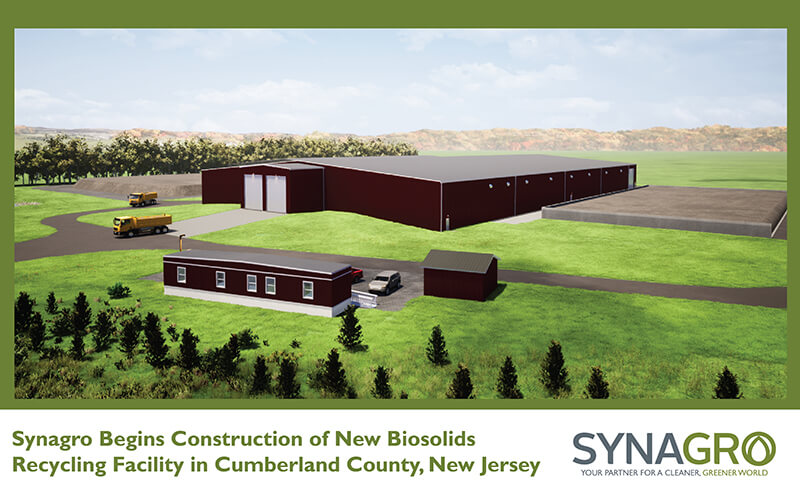
Artist rendering of the Synagro Cumberland County Compost Facility
For the biosolids aficionado, each facility has special features well worth a request for a tour. The Synagro facility features the BDP Inc. (a MABA member manufacturer) agitated bay in-vessel composting (ICS) technology which is the latest version of agitation equipment also used at the two facilities operated by Denali for Burlington County, NJ, and Rockland County, NY. Cumberland features 3 sections of 9 bays, 27 in all, each 300 feet long and 10 feet wide. Each section is equipped with an agitator that rides on the top rails of each bay, throwing the front face of the compost in the bay behind it as it travels from the product end to the feeding end of the bay. Each bay is turned once daily. The bays have 5 zones for aeration, independently controlled for air flow to meet set points based on temperatures measured by thermocouples placed in the walls of the bay. A particle of biosolids added at the front of the bay will have about 20 days before composting is complete and the bay is unloaded. The agitation helps to accomplish a uniformity in texture and moisture in the compost when it has completed its passage.
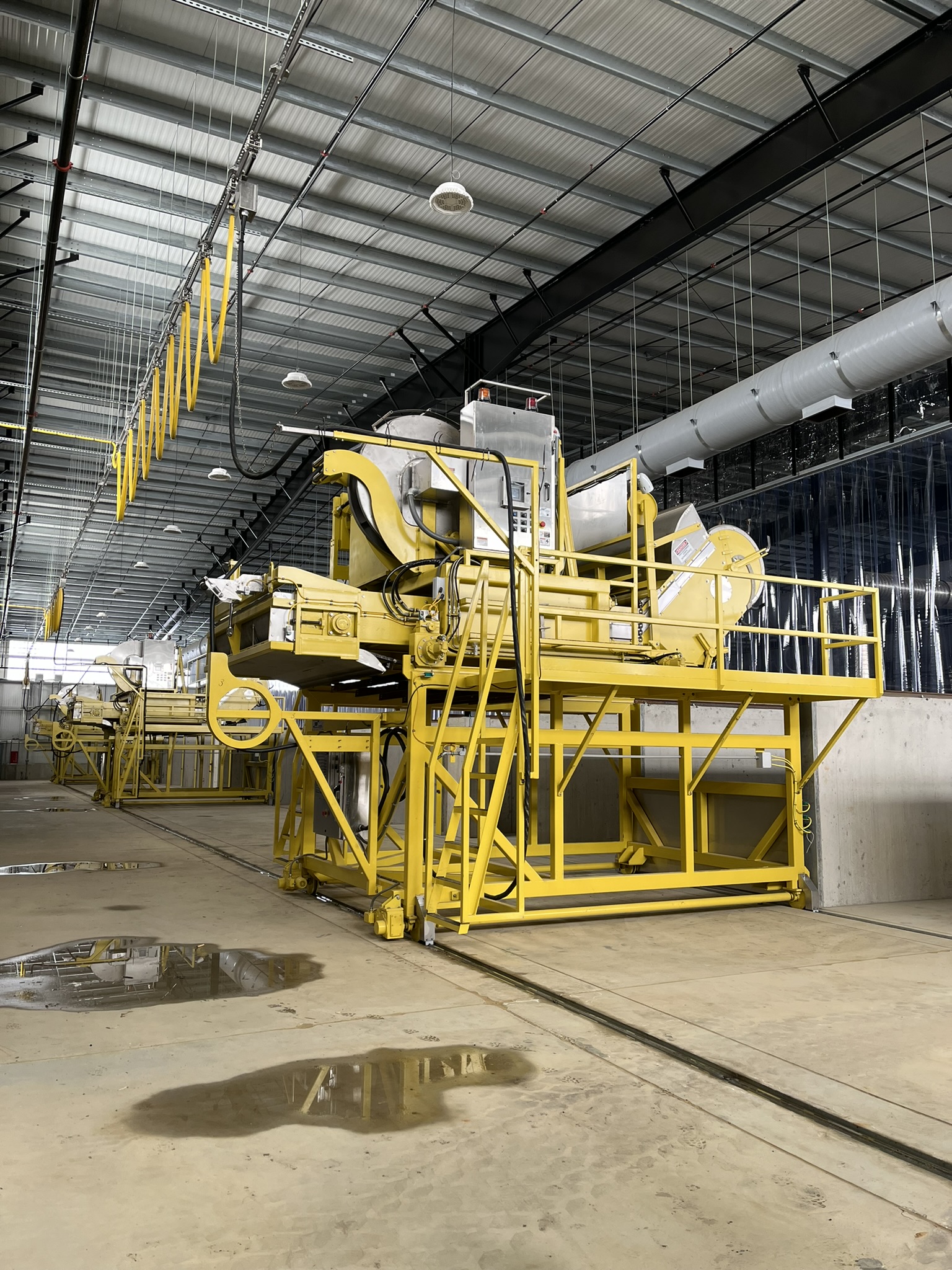
BDP In-Vessel Compost System at Cumberland deploys agitators that flip compost on a daily basis in the 300 foot long bays
The Science of composting at the Synagro Cumberland facility will be overseen by Tom Herlihy. Tom is well known in the Northeast and Mid-Atlantic in the biosolids and composting field. The biology of composting in all its various forms has been a special interest of Tom’s. This includes his venture into large-scale vermicomposting, but also a wide range of research and technology projects championed locally and internationally. These reflect his upbringing on a dairy farm, with its meaningful challenges of manure and nutrient management, to the global imperative of transforming all categories of organic waste into products that deliver carbon and nutrients in a consistent, customer friendly form to farmers. Implementing this vision of delivering a consistent, high quality compost product out of the Cumberland plant will be plant manager Myriam Leriche who, while new to biosolids composting, has a successful operational track record in solid waste facility management in Philadelphia.
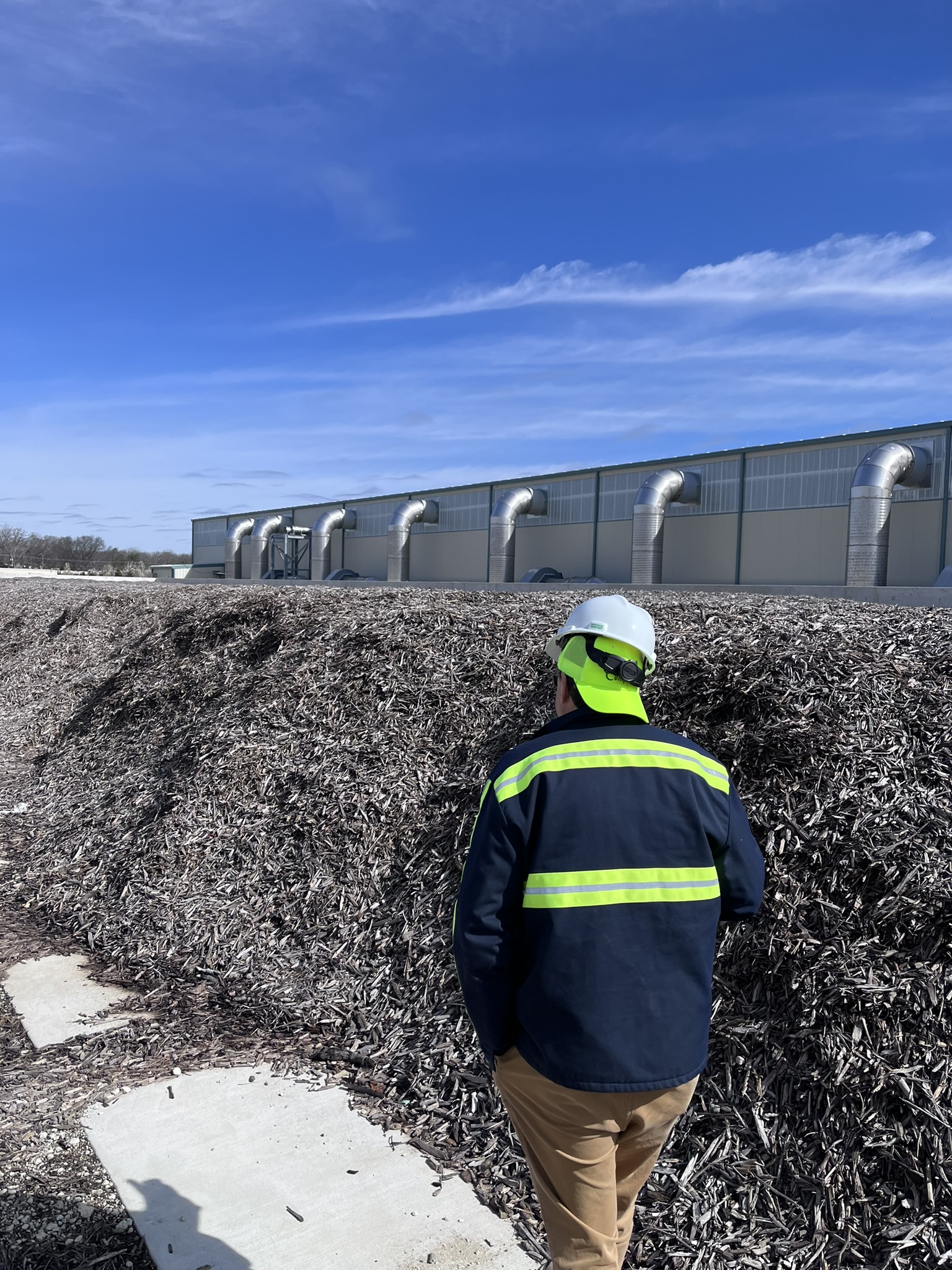
Biofiltration has proved effective at removing odorants released within air circulated inside compost facilities.
The McGill plant shows the perseverance, experience and imagination of CEO Noel Lyons. The Fairless Hills facility is Lyons’s 6th biosolids composting facility (the 4th in the US, and two in Ireland). Each of the six reveals refinements and lessons drawn from predecessors. A key feature to Fairless Hills is its in-floor compost aeration systems. McGill has 20 bays, each equipped with aerated floors. Temperatures monitored in the middle of each compost pile feed information to valves controlled by algorithms that set air flow through the floors. Air volumes are set to hold the compost at a temperature that optimizes the composting process. One set of bays is devoted to the first stage of composting, which lasts up to 8 days, to meet the Pathogen Reduction standard of three continuous days at 54 degrees Celsius. The second set of bays is for the Vector Attraction Reduction stage, which is a standard of 14 days at a temperature no less than 40 degrees Celsius. At McGill facilities, the compost blend is screened between these two steps, reducing the compost volume about 60 percent, and recovering the wood chip “overs” for a fresh blending and a reinoculation of composting organisms. In this way, material handling volumes and the number of bays for this second stage are reduced.
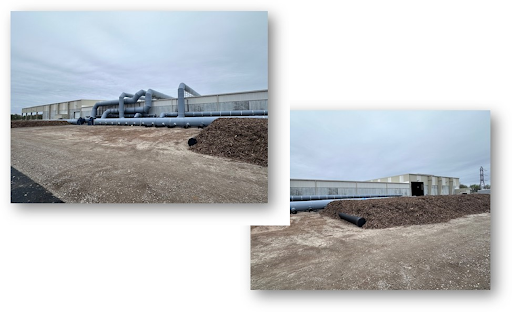
Finishing touches with install of biofilters at McGill Fairless Hills Facility
Noel Lyons has relied on numerous staffers from the McGill team to have the tenacity to carry the Fairless facility from concept to reality. Two on this McGill team provided input to SPOTLIGHT. Sean Fallon, 13 years with McGill, is Director of Business Development and serves also as Vice President of MABA’s Board of Trustees, so is well known to the MABA community. Kate Sullivan, 10 years with McGill, a fresher face to the MABA region, has taken on responsibility for permits and local approvals. Kate has moved through her career at McGill, starting first in business development, then transitioning to compost sales, thereby fully appreciating the key role of product quality to the entire enterprise. Several seasoned operators from McGill’s Virginia and North Carolina plants will be brought in to help train the Fairless Team during the soft-start of operations and will test all aspects of the equipment and controls. As with her Synagro counterpart, Kate has a special interest in the microbial aspect of composting. She looks forward to working with a genomic scientist, so that compost product attributes, whether growth enhancement or pathogen suppression, can be scientifically verified.
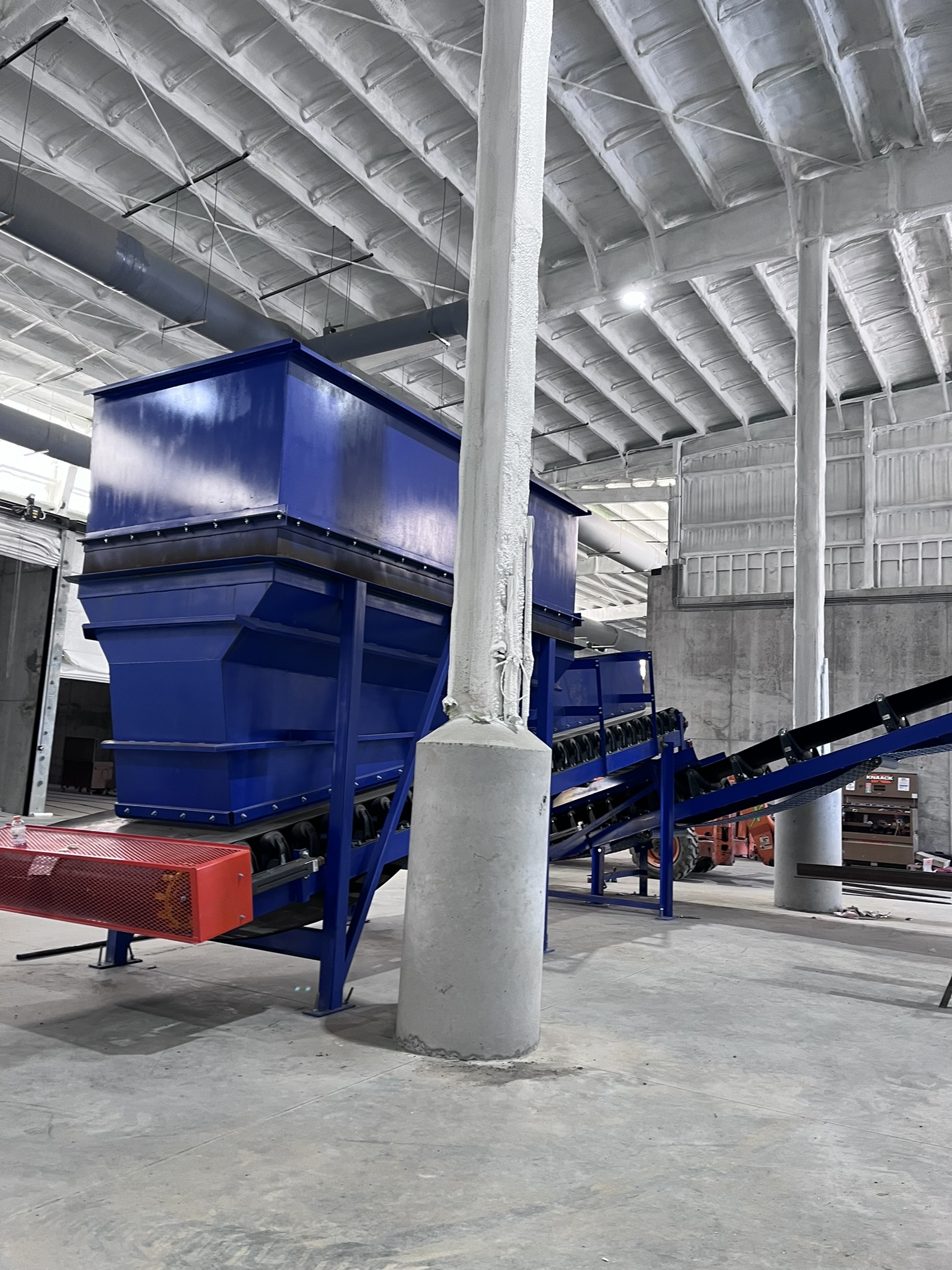
The McGill method of composting removes the woodchip bulking amendment through a vibrating screener prior to the curing stage.
Both facilities are poised for commissioning in April 2024, and both are in position for compost deliveries starting in mid-Summer. At that time, focus will shift from facility development to product sales. Both facilities produce compost that has well-established brand names: AllGro Compost for Synagro and SoilBuilder for McGill. These will be entering a marketplace within the Philadelphia region in which Mascaro’s A&M Compost Facility supplies Landscapers Advantage and Denali’s operations in New Jersey and New York supply WeCare Compost.
The biosolids community in the Mid-Atlantic can look forward to acceleration in biosolids marketing. The strategies for creating customer interest and in ensuring fair prices in biosolids compost produced by McGill and Synagro are still proprietary. They will likely include use of wholesale and retail distributors; offers of special product grades for golf courses and athletic fields; certifications of product quality through the US Composting Council’s Seal of Testing Assurance; blends with other residuals for sale as enriched topsoil; and registrations for compost use in public infrastructure, such as with the USDA “Going Green” program.
An important theme may well emerge from the region’s production facilities, both the new and the established. Biosolids compost is a foremost “green” product, accomplishing an essential “circular economy” goal within the “urban metabolism” of returning carbon and nutrients to the soil, making the environment healthier and more resilient in face of a changing climate.
Welcome, AllGro and McGill Composts!
For more information, contact Mary Firestone at [email protected] or 845-901-7905. |
|

